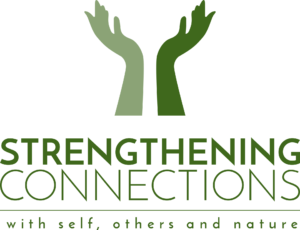Teacher Registration is the process of proving you are capable, of meeting the requirements, of entry to the teaching profession in New Zealand. That is, you are a good judge of character, fit to teach and competent.
Over 2 years, you are required to gain evidence to prove your capabilities.
So what does this look like as evidence?
I have always been dedicated to personal and professional growth. I have always taken responsibility for me own learning. I am driven and reflective.
It was in my gaining of registration that these qualities proved really value. So number 1, take responsibility for your learning. Be dedicated and reflective, show willingness to learn.
“The capacity to learn is a gift.
The ability to learn is a skill.
The willingness to learn is a choice.”
-Brian Herbert
Many people get a mentor to guide and support them through the process. I am available and willing, from afar. Message me.
As you need practical hours to gain registration, a lot of the work is done during your daily duties/expectations. Do you write learning stories? Do you attend staff meetings? Do you add to internal/self reviews? Do you plan the enviro for learning? Do you contribute to professional dialogue/conversations? Have you attended professional learning opportunities? Have you had an appraisal?All of these things contribute to your documentation, don’t double your workload! This job is already paper heavy. You just need to take copies of this documentation and link clearly to the Standards for the teaching profession, as set out by the Teachers Council, in ‘Our Code, Our Standards’. 2 pieces of evidence per month is a good guideline.
Throughout your evidence, you should link to 2 core documents regularly….
1. Our Code, Our Standards
2. Te Whariki
You need to work through the Standards and ensure you have evidence for each standard. Sufficient evidence would be 2 pieces per standard.
You must have observations done on you and your practice, minimum 2 per year. If you have a mentor, you can ask they observe you, if not, your colleagues or leader would be a good alternative.
‘Reading reviews’ are a rich form of documentation as they show dedication to learning, reflection on your practice and potentially new learning put into place. Choose readings that are relevant to your learning. Regular reflections should also be done to prove deep thinking into your practice.
Linking evidence to the centre philosophy is valuable, however you should also consider creating, and actively reviewing your own personal teaching philosophy.
Through your documentation, you should make links to relevant theories, knowledge and published documents, including Te Whariki, Tataiako, Tapasa and consistent links to Our Code, Our Standards. Every piece of evidence needs to link to a Standard.
You are ultimately showing you have content knowledge, you understand how children learn, you are dedicated to the profession, take responsibility for your learning and practice, and you are reflective of your practice, showing continually growth.
“Be a life-long learner.
The best guarantee for an enduring and successful career is a love of learning.”
-Kirk Borne
You can find a whole lot more information on the NZ Teachers Council website @ www.teachingcouncil.nz
